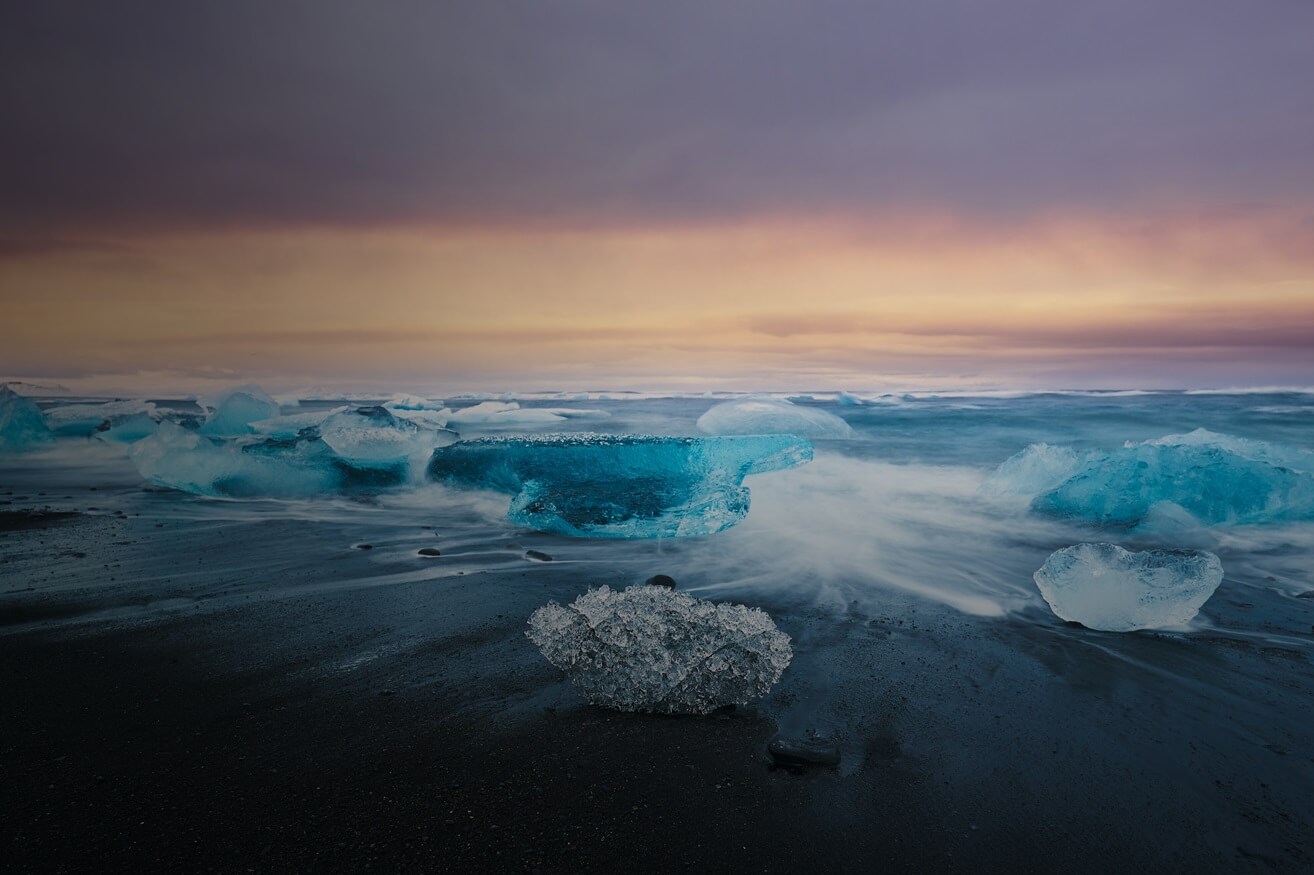
Now Accepting Nominations!
Submit a Nomination
Career Stage
Student
Early Career
Early Career
Award Type
Section Award
Of Note
Invitation to present at annual meeting;
Peer nomination required
Peer nomination required
Submission Window
3 January - 27 March
Recognizing Outstanding Dissertation Research in Nonlinear Geophysics
The Donald L. Turcotte Award is presented annually to an early-career or postdoctoral scientist in recognition of outstanding dissertation research that contributes directly to nonlinear geophysics. Notable contributions can include the awardee’s impact or potential impact of the research on the field of nonlinear geophysics.
The award is presented at the Nonlinear Geophysics section ticketed event during AGU's annual meeting.
Honor Benefits
Recipients receive the following:
- An award certificate
- A $200 prize
- Recognition in Eos
- Recognition at AGU's annual meeting during the award presentation year
- An invitation to present a talk about the dissertation topic at AGU's annual meeting during the award presentation year
- Ticket to the Nonlinear Geophysics section ticketed event at AGU's annual meeting during the award presentation year
About the Nonlinear Geophysics Section
The Nonlinear Geophysics Section focuses on quantifying nonlinear behavior through analysis of geophysical data and modeling using the mathematical tools and approaches of fractals, chaos, scaling, critical phenomenon, nucleation, cellular automata, and self-organizing and complex systems.
Eligibility
Nominee
The nominee must have completed the requirements for the award of Ph.D. degree (or highest equivalent terminal degree) during the 12-month period prior to the nomination deadline
Read Career Stage Policy
Nominators
Nominators must be the nominee’s research advisors.
All Parties
Must be in compliance with AGU's conflict of interest and professional conduct policies.
Read AGU's Ethics Policies 
